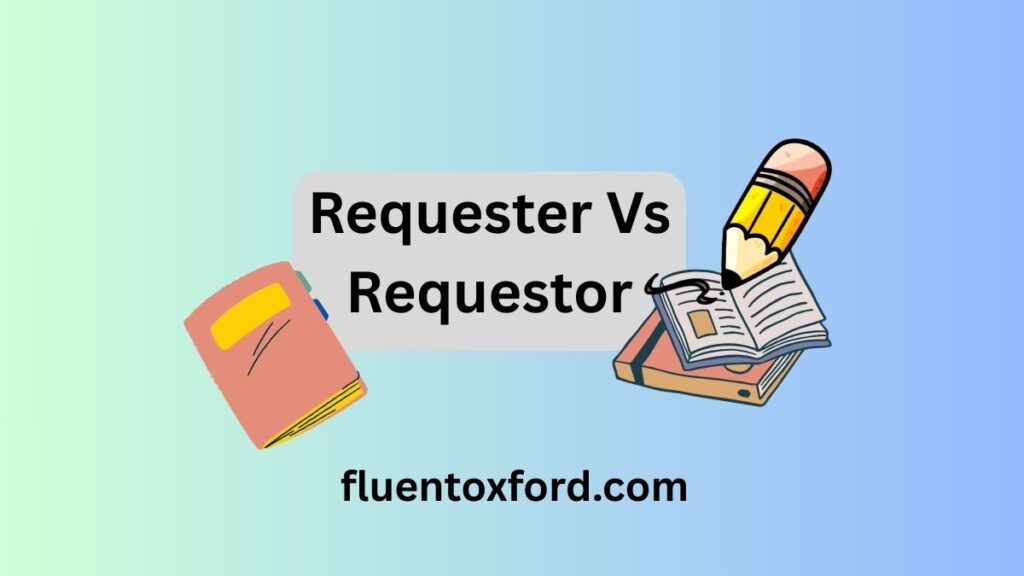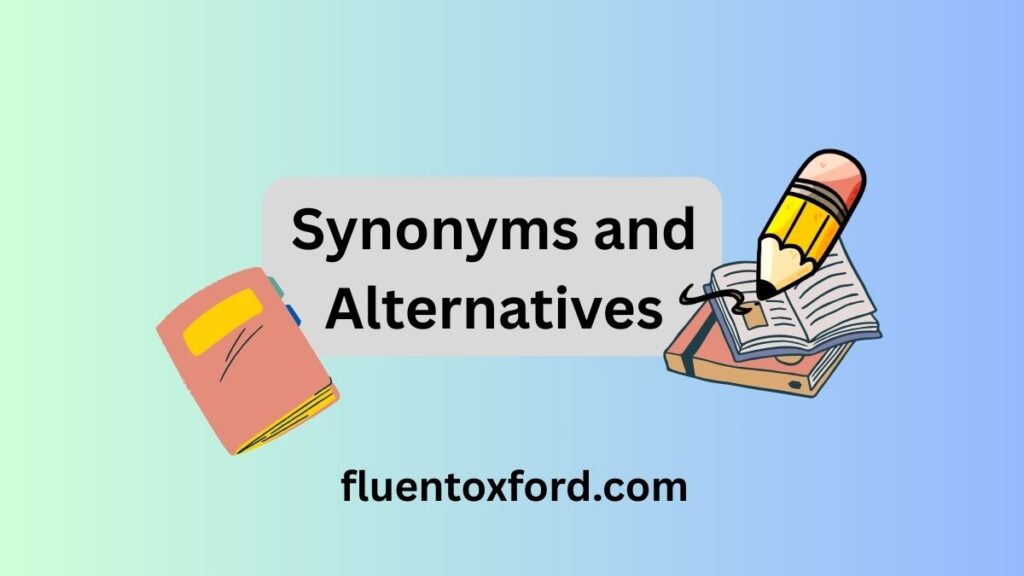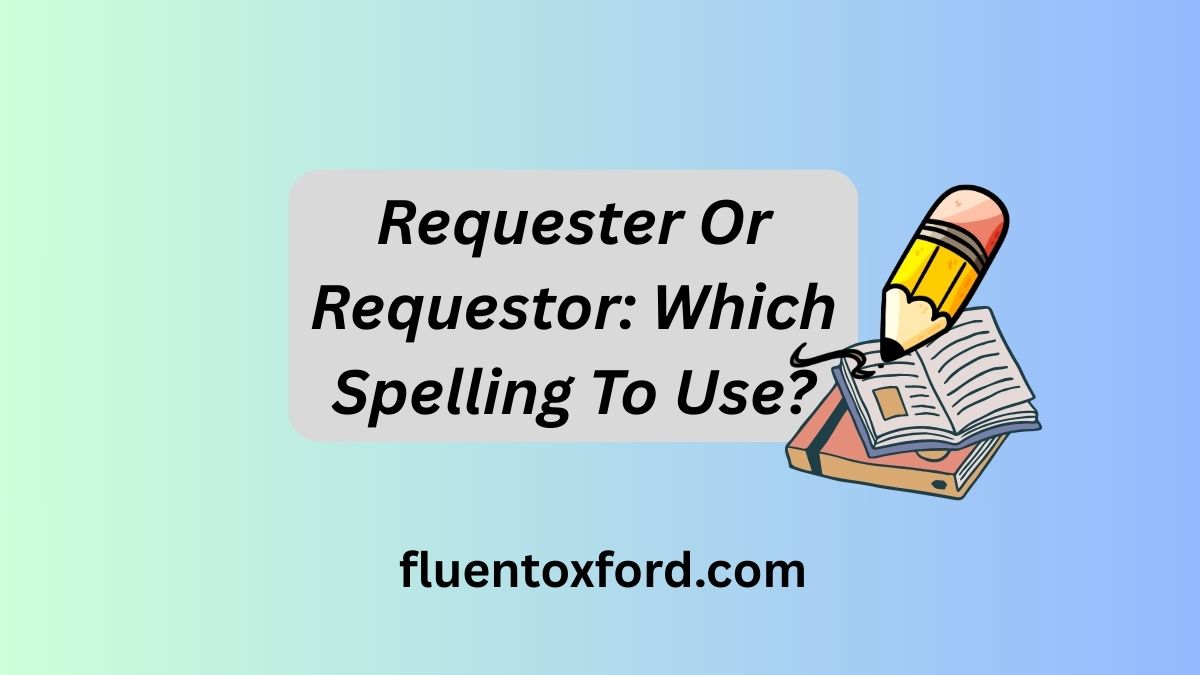The phrase “Requester or Requestor: Which Spelling to use?” refers to a common lexical dilemma where two nearly identical terms carry the same meaning but differ in their spelling. Both “requester” and “requestor” signify an individual or entity that makes a formal request, especially within legal, administrative, or technical contexts. While these terms are often used interchangeably, the variation in spelling has sparked ongoing discussion about regional preferences, contextual accuracy, and professional appropriateness.
In today’s digital and global communication landscape, small language choices can have a big impact. A subtle difference in spelling may influence how professional your writing appears or how well your message resonates with your audience. Whether you’re drafting a business proposal, submitting a legal document, or optimizing content for SEO, selecting the right word form can subtly shape perception and clarity. This is where knowing the preferred term can give you an edge.
Understanding the distinction between “requester” and “requestor” goes beyond mere spelling—it reflects linguistic evolution, regional norms, and domain-specific usage. Professionals, students, and language enthusiasts alike will benefit from knowing when and where each version is more commonly accepted. This exploration offers valuable insight into English’s flexibility and the power of word choice in communication.
What Do “Requester” and “Requestor” Actually Mean?
At their core, requester and requestor are two forms of the same word. Both refer to a person or entity making a request—a fundamental action across many industries. “Requester” and “Requestor” both refer to someone who makes a request. The terms are synonyms and used in similar ways, often in business, legal, or technical settings.
While “requester” is more widely accepted, especially in everyday use, “requestor” can appear in formal or specialized contexts. Both carry the same meaning, with only a slight variation in spelling.
- A requester might be a customer asking for service.
- A requestor could be a user submitting a technical ticket or a lawyer filing a formal petition.
Shared Definition:
Someone who initiates a request for information, action, or service.
Here are a few real-world applications:
| Field | Common Use Term | Example |
| IT Service Desk | Requestor | “The requestor opened a ticket to reset their password.” |
| Procurement | Requester | “The requester must complete the purchase order form.” |
| Legal | Requestor | “The requestor filed a motion in the district court.” |
| Customer Support | Requester | “The requester contacted us via chat for assistance.” |
Despite the overlap in meaning, the way you spell the word can vary depending on the industry, geography, and formality level.
Spelling Face-Off: Requester vs. Requestor

Here’s where things get more interesting. Which spelling is correct? Well, both are accepted, but they’re not always interchangeable. In the spelling face-off between “requester” and “requestor,” both are correct. However, “requester” is more commonly used, while “requestor” appears mainly in legal or technical contexts.
Requester vs Requestor: Usage Comparison Table
| Spelling | Usage Frequency | Preferred In | Contextual Use |
| Requester | High | US, UK, General English | Common in everyday language |
| Requestor | Moderate | U.S. only | Legal, technical, formal docs |
Dictionary Preferences:
- Merriam-Webster: Lists both, but marks “requester” as more standard.
- Oxford English Dictionary: Acknowledges both, but “requester” is more commonly referenced.
So, which one’s right? That depends on the spelling conventions of your region and industry.
Choosing the Right Term: Context Is Key
This is where many writers get tripped up. Here’s how to know you’re choosing the right term for your audience.
Use “Requester” if:
- You’re writing in British English or general American English.
- The context is everyday communication, customer service, or education.
- You want to use the most common spelling.
- Choose it for business, casual, or online writing. It’s widely recognized and understood by a broad audience.
- When in doubt, “requester” is usually the safer and more familiar choice.
Use “Requestor” if:
- You’re writing for a legal context, technical documentation, or government contract.
- You’re mimicking the language preferences of technical departments.
- Your industry follows formal or specialized orthography.
- Opt for “requestor” when following specific style guides that favor this form. In some industries, this spelling is used for consistency with other technical terms.
- Choose “requestor” when addressing specialized or formal communication.
✅ Pro Tip: If you’re working with a corporate style guide, check their word list. Internal documentation often favors consistency over popular usage.
Etymology: Origins of the Words

Both words stem from the root verb “to request”, which entered English from Old French “requeste”, ultimately derived from Latin “requirere” (to ask for, seek out).The word “requester” likely gained more popularity due to its alignment with common English suffix patterns, such as “worker” or “speaker.”
On the other hand, “requestor” follows a more formal convention, similar to “creator” or “monitor.” Despite their shared origins, these variations reflect the evolving nature of English and regional preferences.
The difference lies in their suffixes:
- “-er” is the more common English agentive suffix (e.g., builder, speaker).
- “-or” also indicates agency but tends to be used in formal, technical, or legal words (e.g., executor, creditor).
This brings us to the idea of language standardization and morphology—how word forms evolve depending on usage, tone, and field.
Real-World Examples in Context
Let’s dig into how both spellings are used in real-life documents.
Requester Examples:
- Human Resources: “The requester must complete all onboarding documents before the first day.”
- Customer Support Email: “Please refer to the requester ID when following up on your ticket.”
- Education: “The requester asked for an extension on the assignment deadline.”
- In a business email, a requester may ask for a meeting time. In a customer service scenario, the requester submits a complaint form. Similarly, a requester in legal settings asks for case information.
Requestor Examples:
- Real-world examples in context refer to practical instances that illustrate abstract concepts or theories. For instance, in business, customer feedback shapes product improvements, while in education, student performance informs teaching strategies for better outcomes.
- Legal Petition: “The requestor seeks compensation under section 13(b).”
- Technical Manual: “The API authenticates the requestor before granting access.”
- Healthcare Compliance: “The requestor’s credentials must meet HIPAA standards.
These examples demonstrate the subtle differences in tone and domain-specific use.
Regional and Industry Trends
Let’s break down the language preferences in different regions and professional settings:
| Region | Preferred Spelling | Notes |
| United States | Requester (general), Requestor (legal/tech) | Context-sensitive use |
| United Kingdom | Requester | Requestor is rare and seen as overly formal |
| Australia/Canada | Requester | Aligns more closely with British spelling norms |
Industry Specificity:
- IT and cybersecurity tend to use “requestor” in documentation and logs.
- Law and government often formalize “requestor” in statutes.
- Media, education, and consumer-facing industries stick with “requester.”
Synonyms and Alternatives

If you want to dodge the dilemma entirely, use a synonym. These work well when your audience isn’t technical or legal.
Common Synonyms:
- Applicant – For jobs or formal requests.
- Petitioner – Common in court filings.
- Submitter – Used in software, forms, or academic settings.
- Claimant – Often used in insurance or legal claims.
- Inquirer – Used in academic or customer inquiry situations.
- Seeker – For searching or pursuing something, often used for abstract goals.
- Beggar – For requesting assistance out of need, often in a desperate or charitable context.
- User – For someone who utilizes or accesses a service, product, or system.
- Demander – For making a strong, often urgent request or demand.
- Orderer – For placing an order, typically in a commercial or transactional setting.
Quick Reference Table:
| Synonym | When to Use |
| Applicant | Job postings, grants, academic programs |
| Submitter | Web forms, file uploads, scholarly papers |
| Petitioner | Legal documents or formal governmental requests |
| Claimant | Insurance and litigation contexts |
| Inquirer | FAQ pages, sales inquiries |
🔹 Quick Reference: Which to Choose?
| Scenario | Use “Requester” | Use “Requestor” |
| Customer emails | ✅ | ❌ |
| Legal contracts | ❌ | ✅ |
| Tech documentation | ❌ | ✅ |
| Blog posts or articles | ✅ | ❌ |
| Academic applications | ✅ | ❌ |
Conclusion
In the end, Requester or Requestor: Which Spelling to Use? depends on your audience and writing style. Both words mean the same thing, but “requester” is more common, especially in American English. “Requestor” is used less often and mostly in legal or technical fields. Choosing the right one helps keep your writing clear and professional.
Understanding Requester or Requestor: Which Spelling to Use? can improve how you write and communicate. It shows attention to detail and respect for your readers. Even small choices like this can make your writing stronger and more effective. Always check the context and choose the version that fits best.
FAQs
Q1: Which is more widely used—requester or requestor?
Requester is significantly more common in both American and British English, especially in everyday and business writing.
Q2: Is “requestor” accepted in legal or technical writing?
Yes, requestor is frequently used in legal documents, IT systems, and governmental forms in the U.S., and is considered correct in those contexts.
Q3: Does Microsoft or other major companies prefer one spelling?
Microsoft’s official documentation and style guide prefer “requester” for clarity and consistency in general and technical communication.
Q4: Can I use requester and requestor interchangeably in one document?
No, always stick to one spelling per document to maintain professionalism and avoid confusion—choose based on your industry and audience.
Q5: Are there grammar rules that dictate the use of requester vs. requestor?
There are no strict grammar rules, but orthographic convention favors “-er” in general English and “-or” in specialized usage like law and IT.

As an admin at Fluent Oxford, Maida Queen is the driving force behind our vibrant learning community. With a deep passion for English language education, she ensures that our platform remains a dynamic, engaging, and supportive space for learners worldwide.
Maida expertly manages content, assists users with their grammar and fluency queries, and fosters an interactive environment where learning feels effortless and enjoyable. Whether you need guidance, motivation, or just a friendly face in the Fluent Oxford community, Maida is always there to help you reach your English language goals.








